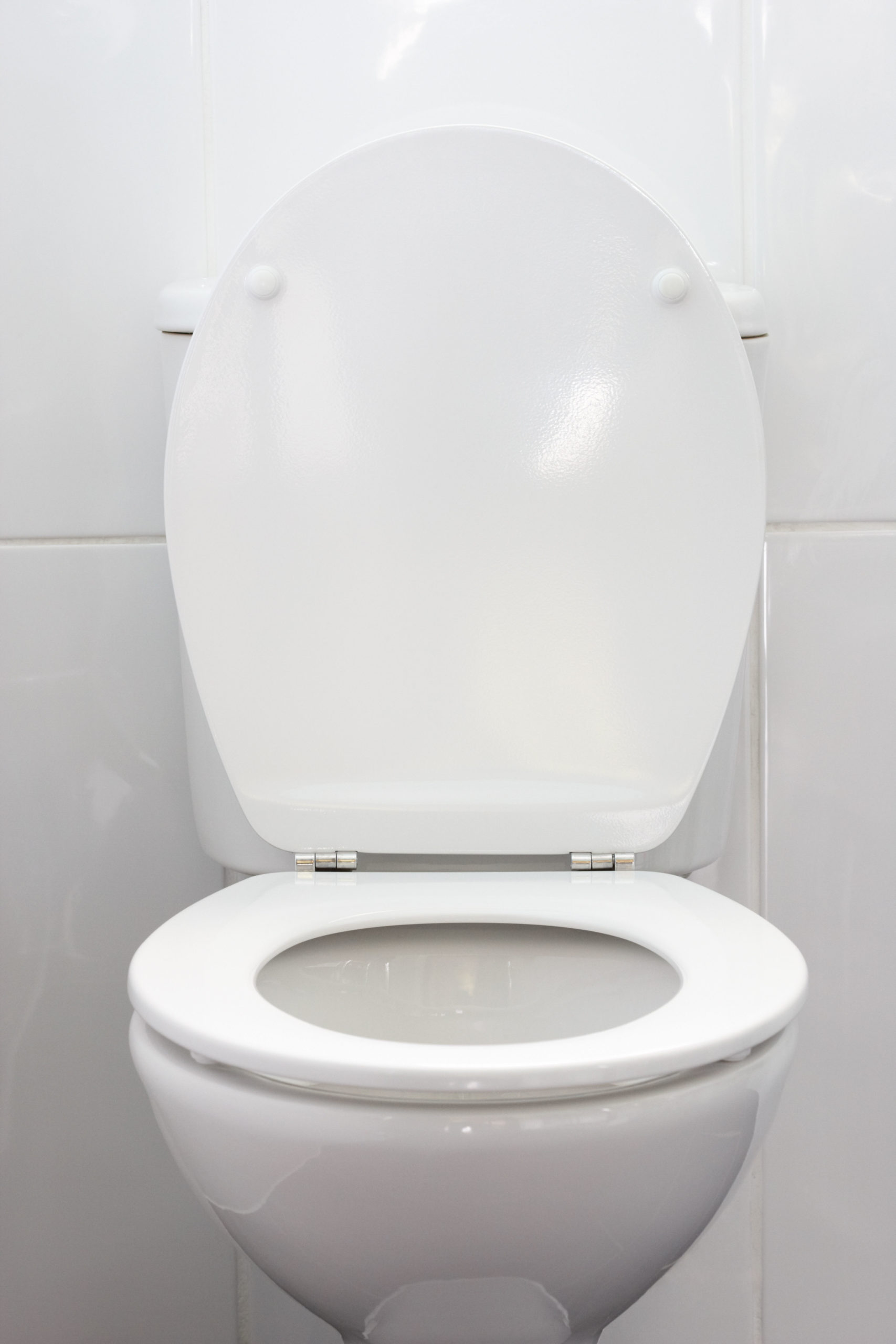An expert is warning people to never wee ‘just in case’ before leaving the house.
The average person urinates between six and seven times a day, according to the Bladder and Bowel Community.
Depending on what’s happening in someone’s day-to-day routine, they may go more often than usual.
Although this might seem like a good idea, you may be surprised to learn that this isn’t actually the case.
If anything, you could be training your bladder into a ‘really bad habit’ that will affect you later on in life.
An expert is now going viral after explaining the facts, and hopefully, she’ll deter you from ever going to the loo… ‘just in case’.
Related Article: Cleaning Expert Gives Grim Warning About Making Your Bed First Thing In The Morning
Related Article: Airline Pilot Explains Where Your Poo Goes When You Flush It On A Plane
Tiffany Sequeira, who is a specialist pelvic health physiotherapist, says that it isn’t ideal to go for a wee when you don’t really need to go.
She explains to the Metro: “It’s actually a really bad habit for your bladder.
“Going for a wee when you don’t feel the immediate need to do so strains your bladder to empty when it isn’t actually full yet.”
Apparently, if you do this regularly, you could unintentionally be confusing the signals between your bladder and brain.
Sequeira explains that when your bladder fills, a signal is sent to your brain when the urine is pressing against the bladder wall.

So basically, if it isn’t pressing against the wall – you’re creating some confusing signals.
Sequeira continues: “Going on that first signal to pass urine – or even worse going when you don’t feel the urge to pass urine ‘just in case’ – can result in a bladder signalling dysfunction.
“Over time your bladder becomes accustomed to passing urine at a lower capacity than normal resulting in a ‘weak bladder’, as some refer to.”
However, you may not be able to help frequently visiting the loo.
In this case, Sequeira suggests that you incorporate some pelvic floor exercises into your routine, as this will help your bladder and bowel.
View this post on Instagram
You will be able to feel your pelvic floor muscles if you try and stop the flow of urine when on the toilet.
However, it’s not advised you regularly do this, as it can be harmful.
On the NHS website, it advises you to get yourself into a comfortable sitting position and squeeze the pelvic floor muscles around 10 to 15 times.
Related Article: Sisters Who Do Everything Together Even Use The Toilet At Same Time
Related Article: People Are Only Just Realising What WC Toilet Sign Actually Stands For
This doesn’t require you to hold your breath or tighten your stomach, bottom or thigh muscles.
If you fancy trying this out, make sure not to overdo it and each week, just add a few more squeezes.
Do you have a story for us? If so, email us at [email protected]. All contact will be treated in confidence.






